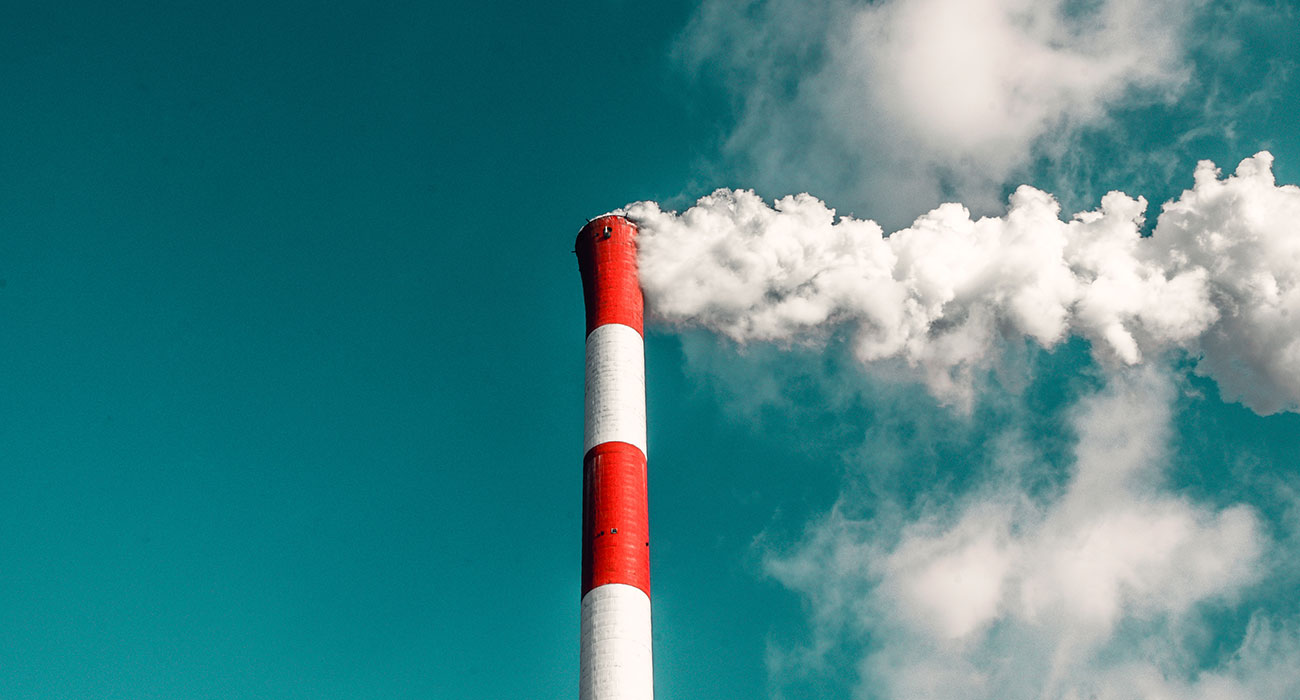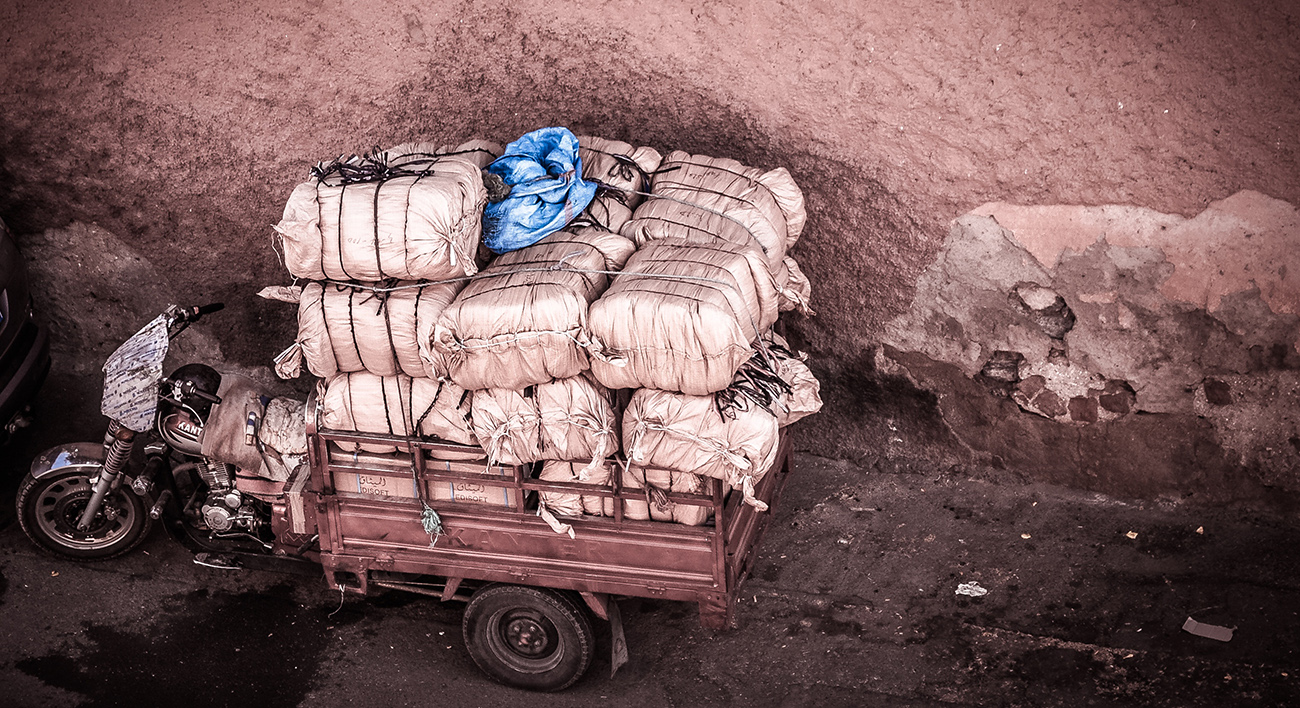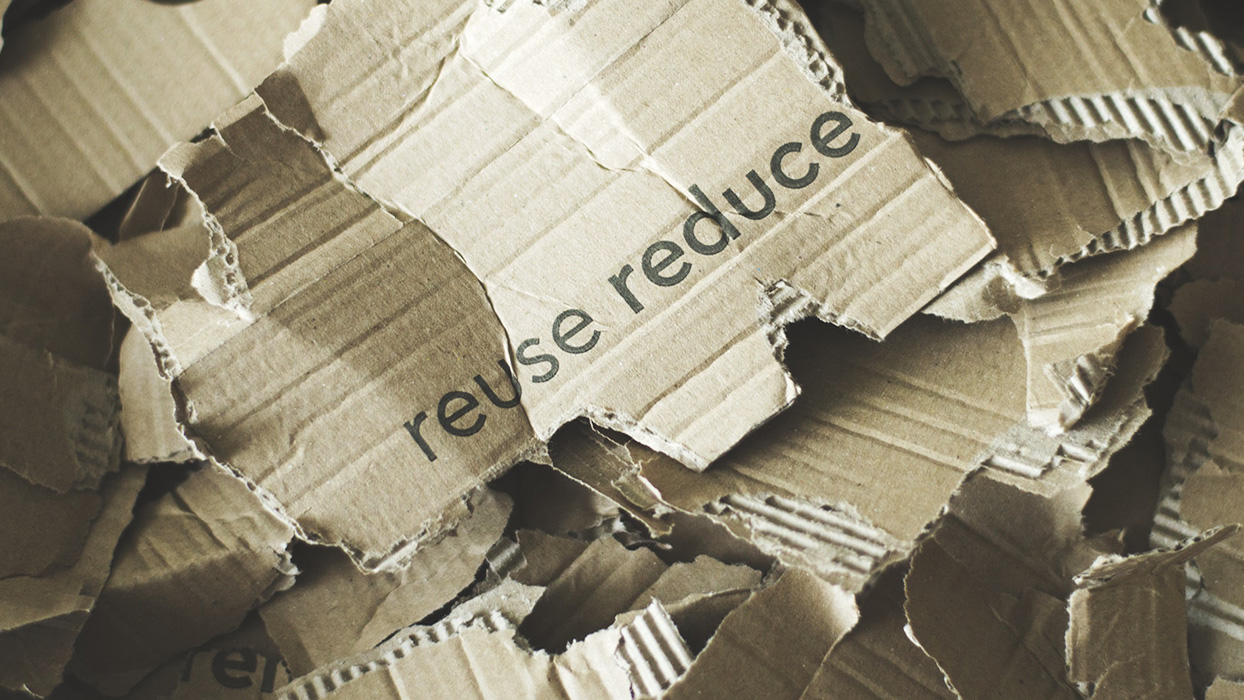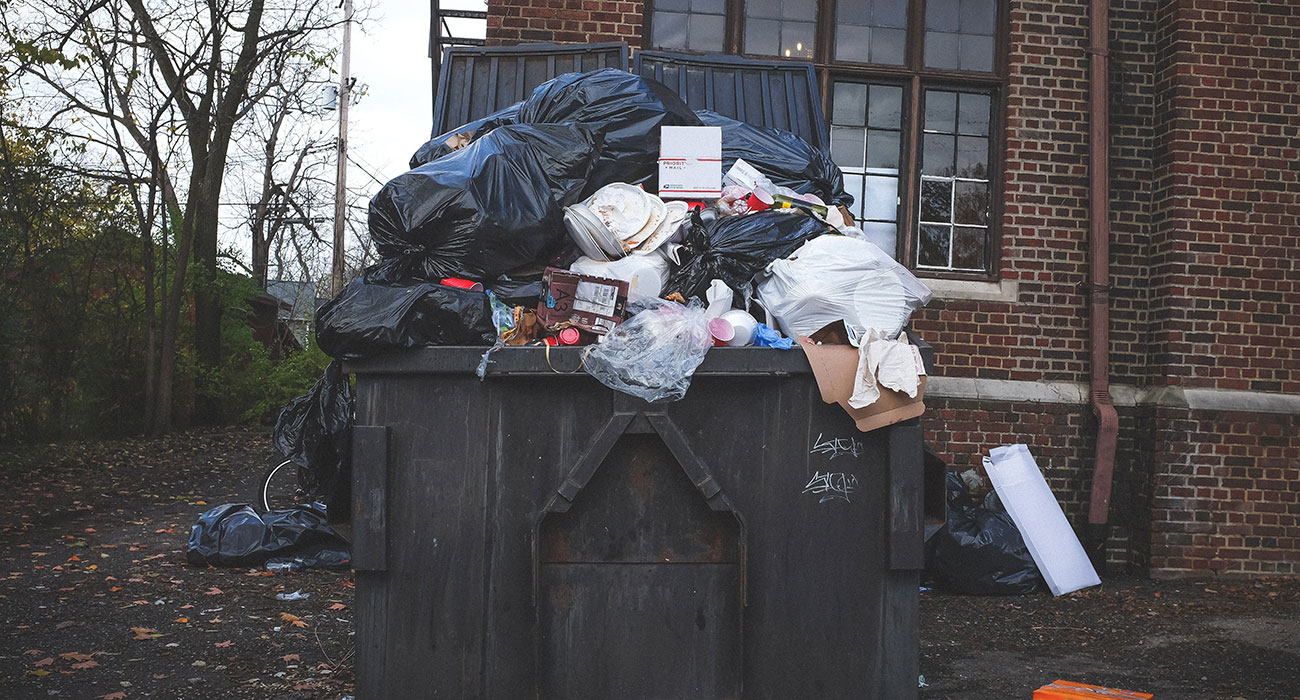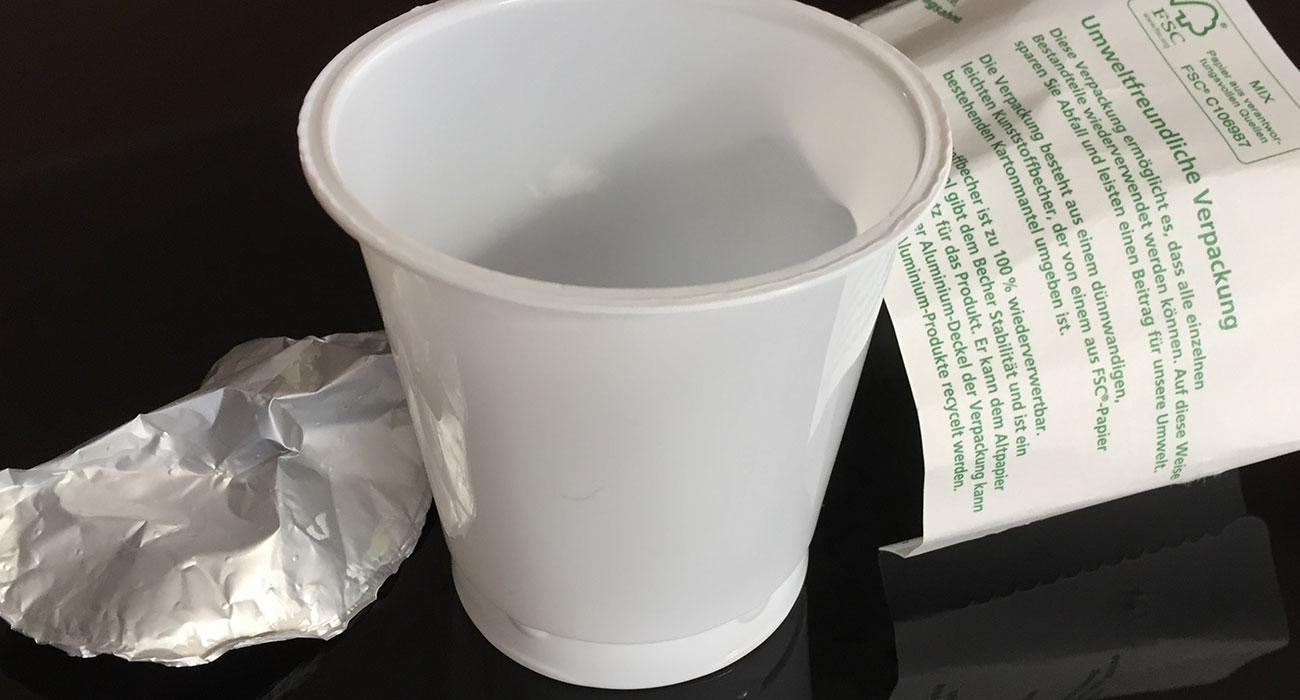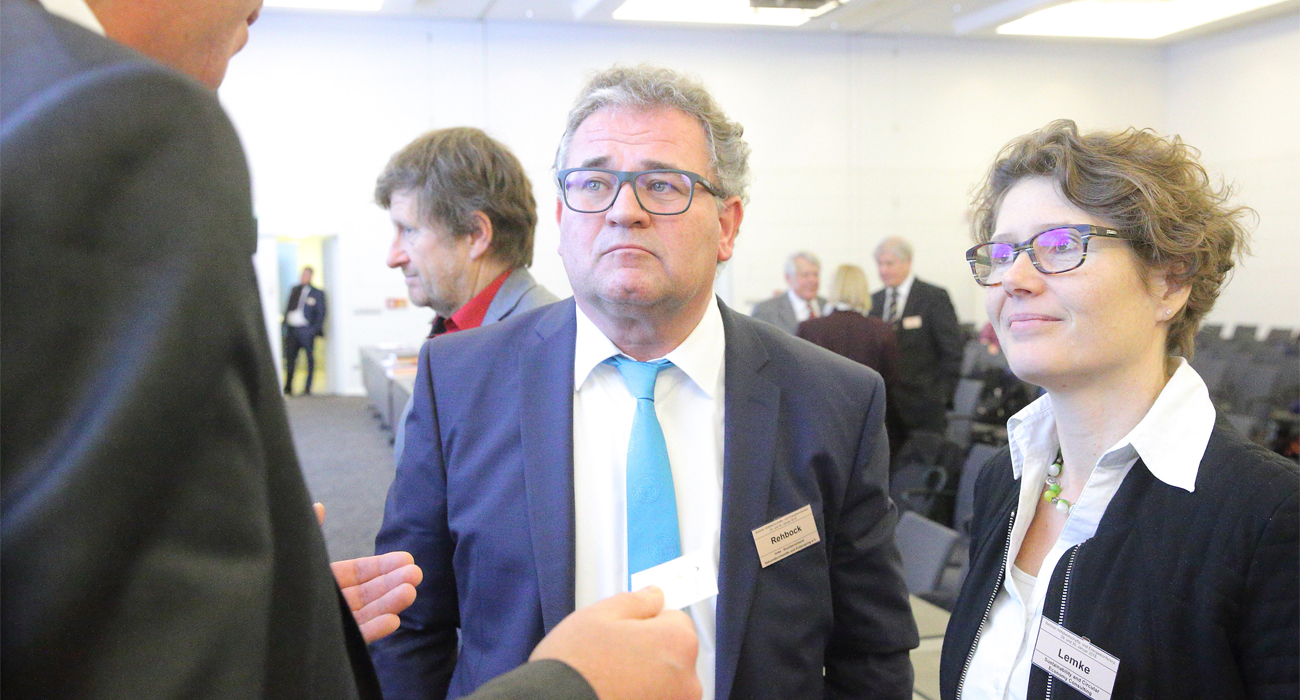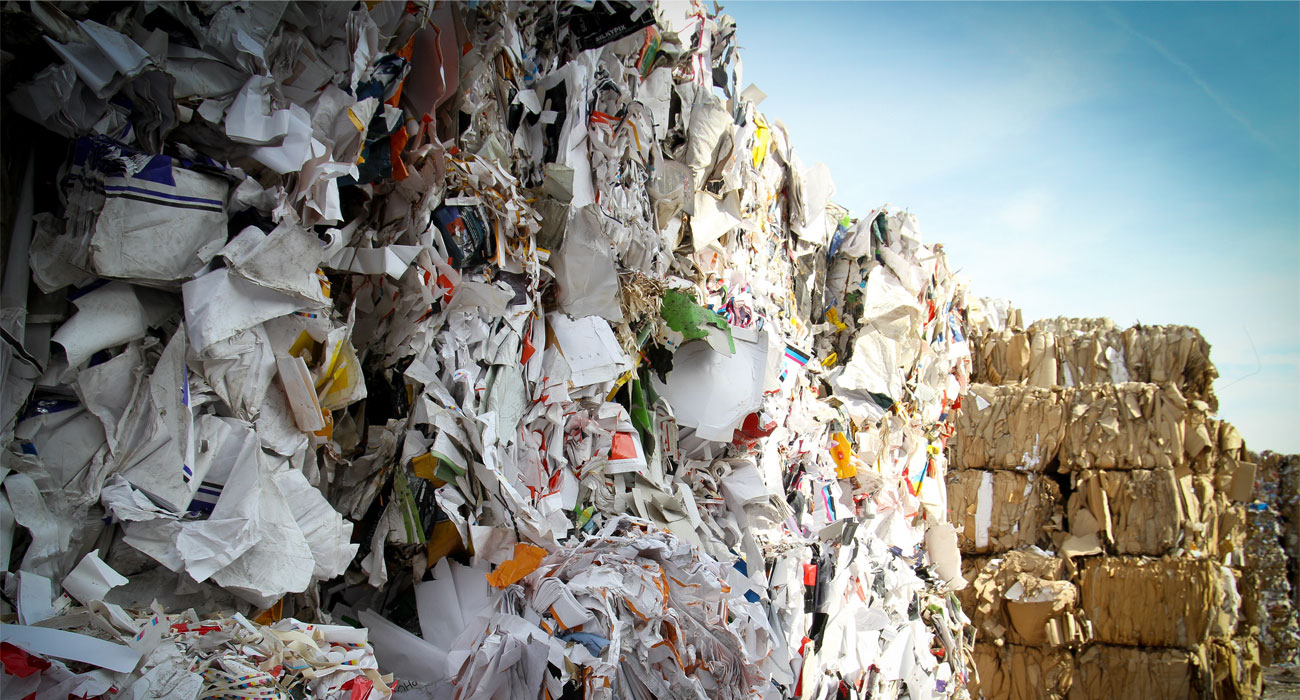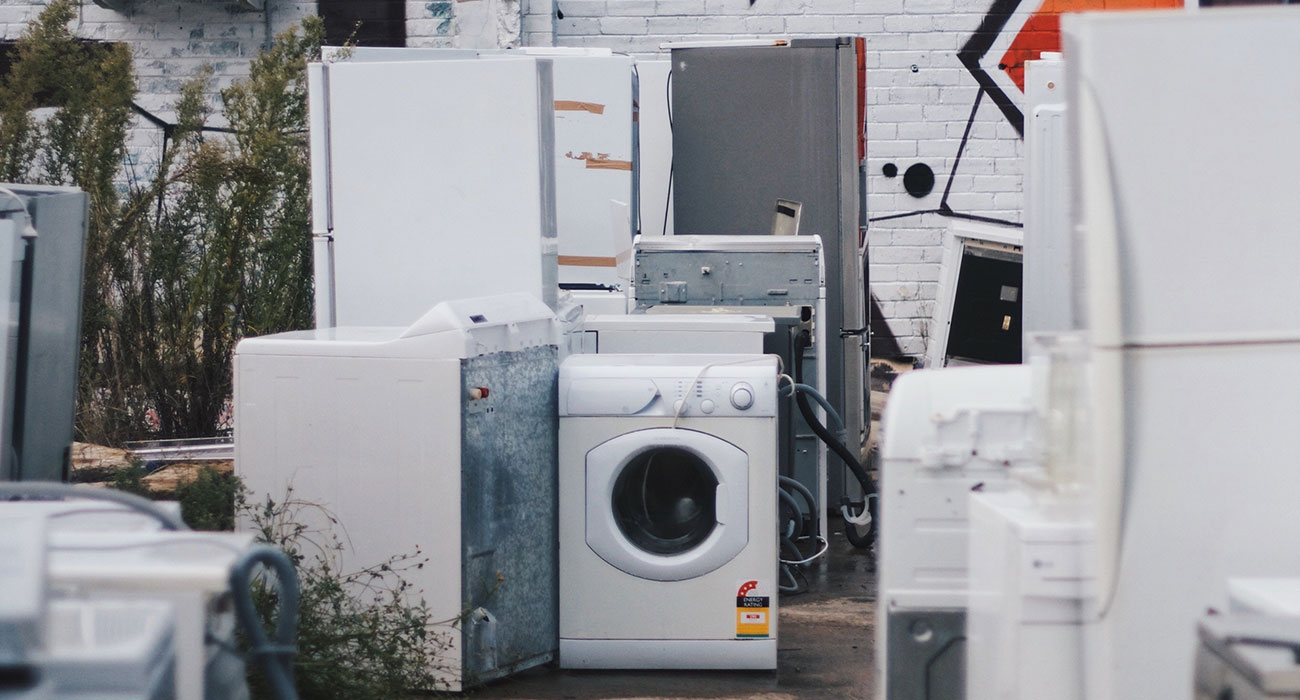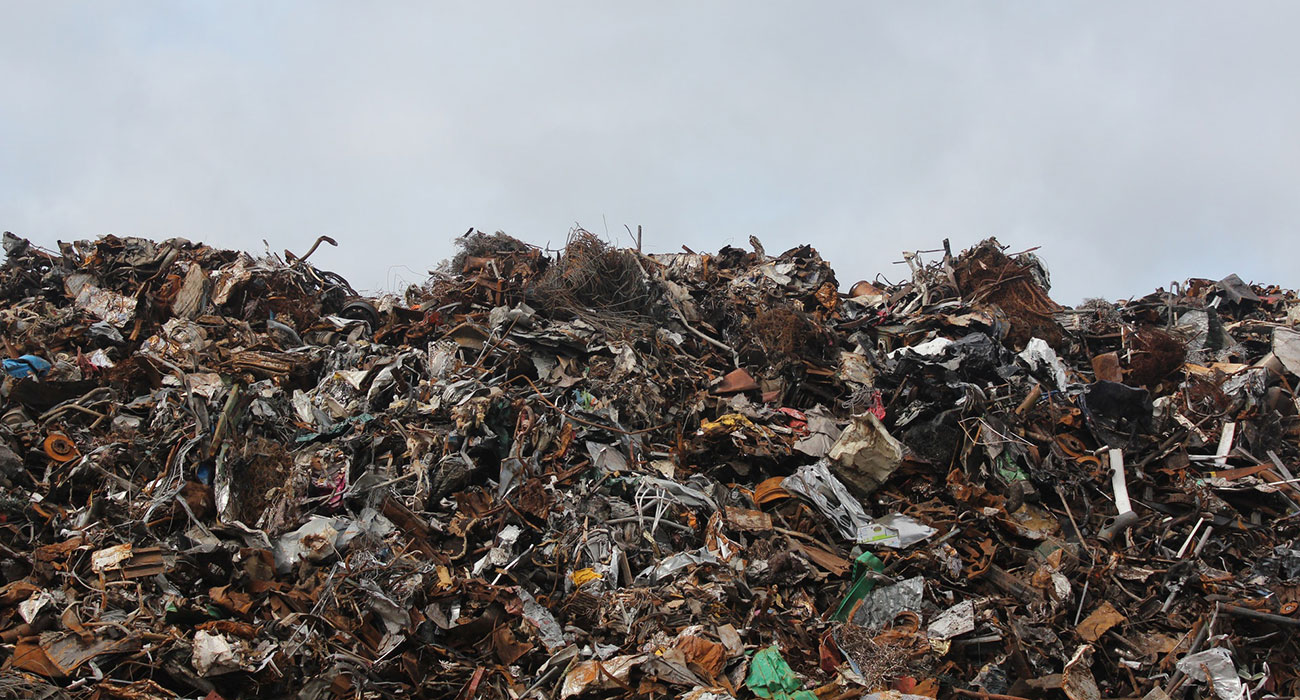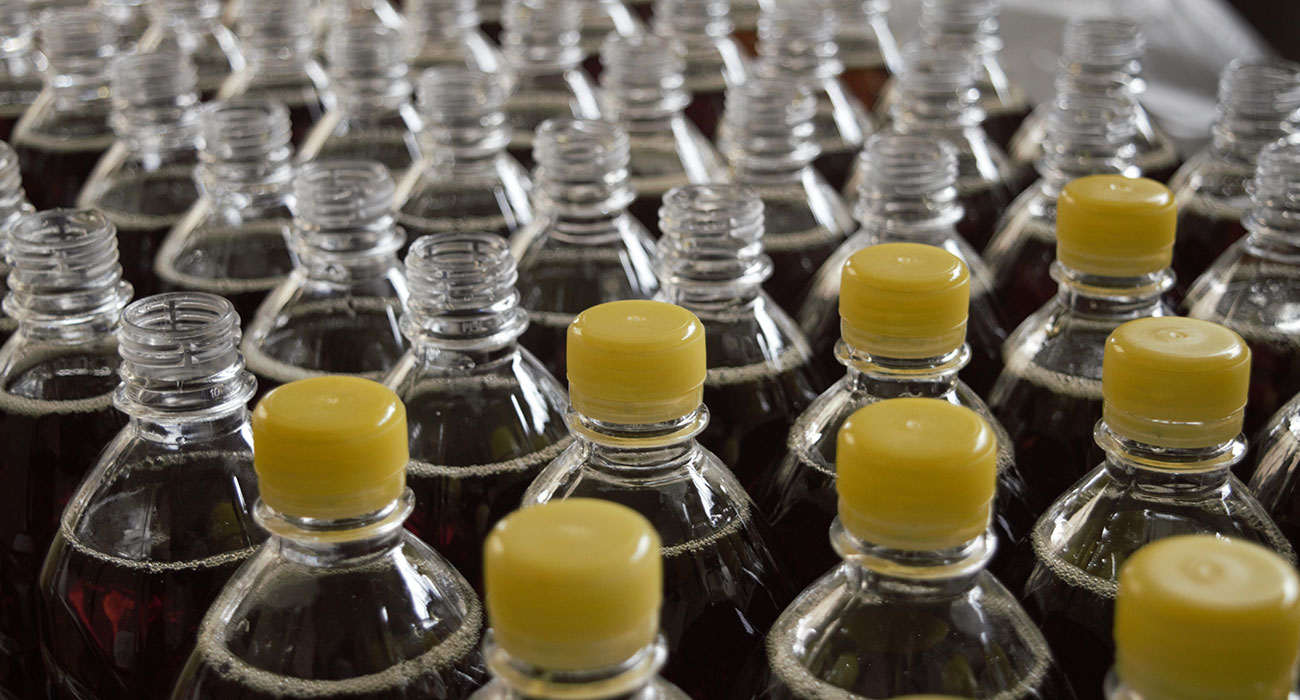How much would the end of incineration contribute to climate protection? After the end of the atomic- and coal-power the end of incineration is near. The Ökoinstitut e. V. already calculated in 2014 that in 2050 only 10 incinerators in Germany would be necessary to dissolve worst wastes. Now the question in on the table how the transformation process will be run? Are there perspectives for chemical recycling? Who will invest in innovation? Only one day after the European election I had the honour to discuss this question...
Circular Economy – more than zero waste
Classical economists such as Adam Smith described consumption as the end of economic activity, thereby defining our throwaway society. One of the main theses of the physiocrats was that it must be possible to master nature in order to create the foundation for economic activity. The basic concept of the Circular Economy does not share these theses. It is only by understanding nature that we will be able to carry out economic activity in the long term in such a way that we are even able to survive...
A delicious, warm pizza, just ordered from the pizza place around the corner and delivered to the office within 30 minutes. The product, delivered in what appears to be an ecologically sound recyclable cardboard box, eases our guilty conscience as regards our carbon footprint. Our mouths water until we ask ourselves where the box has actually come from and whether the pizza actually absorbs the heavy metals from the box like a sponge. Heavy metal pizza instead of salami pizza? Professor Braungart, chemist and forefather of Greenpeace’s chemistry department,...
Only totally empty will do
Part 2 of series: Eco-design for plastic packaging and the errors that can be avoided. “Residual emptying” - this cumbersome term is an important criterion when designing plastic packaging. All too often, however, it is still not taken into consideration. This is not only annoying for us consumers, but also for recyclers. We have all been there; despite your best efforts, the shampoo bottle, cooking oil bottle, the toothpaste tube (which is too hard) or the body lotion bottle with dispensing mechanism isn’t quite empty. A nuisance for users as...
The noble art of throwing away – how an organic yoghurt pot is becoming a problem
Part 1 of series: Eco-design for plastic packaging and the errors that can be avoided We associate the words “natural” or, at the very least, “environmentally friendly” with the term “organic”. And this does not just apply to food but also to packaging. Yet, there are surprises awaiting even there. In the case of yoghurt, for example. Of course, it is not just in health food stores but also in supermarkets where you will find pots of delicious yoghurt with inciting packaging designed to draw attention to a healthy...
500 managers, plant operators and manufacturers of waste incineration systems, discussed the demise of their own sector at the Waste Management and Energy Conference in Berlin on 29 January 2018. Because Zero Waste and a functioning circular economy actually mean the end of waste incineration. Of course, this is not an option for the sector. Which line of business is undermining itself? Prof Michael Braungart therefore presented a second vision, according to which waste, which is piling up to mountainous heights all over the world, like electronic waste in...
Would you burn money?
Peter Kurth, President of the Federal Association of the German Disposal, Water and Raw Materials Management (BDE) addressed a change of circular economy in the newspaper Welt. The most important argument was left out tough: There is value from waste. A critical response: Question: Would you burn money? Lemke: Since China is returning plastic waste to its sender, the German managers of waste incineration plants are happy, they do not have a problem firing them. At least 600.000 tons of plastic waste were shipped to China according to the German...
44 electrical appliances, 12 energy-saving light bulbs, 33 lights, half a car and 40 batteries are accrued per person in Europe - a total of around 250 kg. These data show once again the challenge of the circular economy and provide yet further evidence of the need for a raw material transition. At least we have this data now: Up to now, tracing material flows on the subject of waste electronic and electrical equipment represented a huge challenge for companies, scientists, authorities and NGOs. A significant step has now...
Our unhealthy throwaway culture – or: How we can facilitate the upgrading of waste electrical and electronic equipment!
I have already told you about the homework for the Federal Government, which I identified while writing my Bachelor dissertation. The deficiencies of the laws currently applied could be remedied by means of a specific regulation. But what is it actually all about? Each year, in Europe, three tons of a total of nine tons of waste electrical and electronic equipment (hereinafter summarised as WEEE), collected and registered in the EU, disappear. This emerges from the Europe-wide CWIT Project, which is tasked with clarifying the causes. It’s worth a...
New EU rules are not enough – the recycling industry and eco-designers need to work together!
Today, the EU presented its new rules on plastic packaging, according to which all packaging should be made recyclable. Up to now, we Germans have been considered the world champions in recycling. Sounds great, doesn’t it?! But is it true? Maybe it's true that we are among world leaders in terms of the amount of recycled materials. But this tells us nothing about the quality of upcycling! Plastic packaging does not have the best reputation, although we use it daily and more and more food and other goods are...



